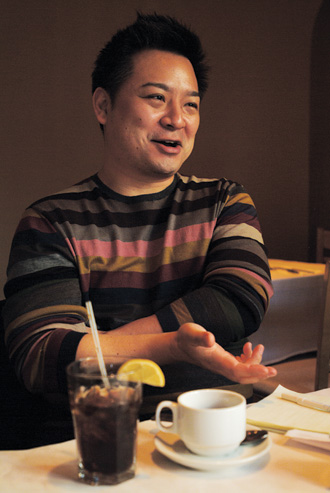By Corina Knoll
Photos courtesy of the Korea Times
When reports of gunshots heard on the Virginia Tech campus made their way to news desks, it felt as if America was at a standstill. We hung onto every new detail that online and TV news sources could feed us. Unfathomably, 33 people ended up dead, and many wounded, in an environment that had always symbolized bright futures and gifted minds. April 16, 2007 would go down as a heartbreaking example of the fragility of life.
At first the person responsible for the deadliest shooting rampage in U.S. history was an unknown entity, having died from a self-inflicted gunshot wound to the head. Witnesses of the massacre identified the shooter only as an Asian male. By Tuesday, April 17, the word was out: the gunman was Korean and a student at the school.
That fact was twisted in multiple ways by most mainstream news organizations, who initially referred to Seung-Hui Cho as “Cho Seung-Hui,” a detail that made many Korean Americans believe he was an international student as native Koreans traditionally write their last names first. CNN, and other major news outlets, insisted on reiterating that Cho was a “Korean national” and a citizen of South Korea — both technically accurate, but perhaps misleading to an American public largely unschooled in the fluid status of immigrants.
As pieces of the puzzle began to assemble, it was stunning to learn that Cho’s true background was actually not that different from many of our own immigrant stories. He had arrived in the States at age 8 and was raised in Centreville, Va. His parents worked at a dry cleaner, and his sister had attended Princeton. His education, sensibilities and culture, were, by all accounts, American.
The information resonated with the Korean American community and resulted in an onslaught of apologies to Cho’s victims, worries about backlash, conversations about the stigma of mental illness and statements of empathy for a young man we came to learn was very disturbed. And, as the burden of race has always taught us, one person’s actions alone are enough to reflect badly on the entire group. In a way, we didn’t have the privilege to not care about Cho’s ethnicity.
As staff members of a Korean American publication, we came face to face with this reality, as mainstream reporters called seeking comment from representatives of the community. It was a strange position to be in: mourning the loss of life from a national tragedy and at the same time advocating for Korean Americans.
In spite of the danger of having someone misconstrue our coverage as tying Cho’s behavior to his Korean background, we felt a responsibility to tell this story.
After all, it was clear from the outpouring of our community’s grief over the tragedy — for the fallen victims and for Cho himself — and the outrage over examples of irresponsible journalism, that April 16, much like the Los Angeles riots, will go down in history as a day Korean Americans will not soon forget.




